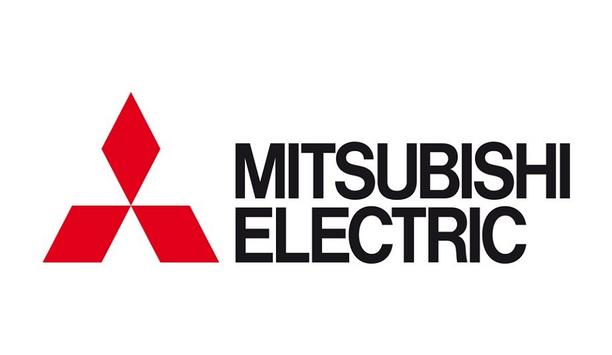The Chartered Institute of Plumbing and Heating Engineering (CIPHE) is offering stark warnings to both the Government and house holders on the National Burn Awareness Day, as the number of contact burns from heating appliances skyrocketed by 25% and scalding incidents from taps rise by 9%.
The NHS Digital Hospital Episode Statistics for England 2019-2020 shows:
- Admissions for burn injuries caused via contact with heating appliances, radiators and pipes rose by 25%, from 797 (2018-2019) to 999 admissions (2019-2020).
- Likewise, finished consultant episodes for heating burns were up by 24%, from 838 to 1042, over the same period.
- During the period, a staggering 878, nearly 88% of heating appliance burn admissions, were emergencies.
- Children aged 0-14 made up 28% of finished consultant episodes, while those over 70 made up 36%. On combining these figures, nearly 65% of burns from heating appliances afflicted children and the elderly.
burns caused by radiators, warmers and heating pipes
It’s all too easy for radiators, towel warmers and central heating pipes to reach high temperatures to cause a burn
As heating professionals know, it’s all too easy for radiators, towel warmers and central heating pipes to reach temperatures high enough to cause a burn, if touched. A burn injury is for life with scars that are physical, as well as psychological.
Burns often result in life-long challenges for the individual and their families, making it all the more tragic that the majority of injuries occur as a result of an accident, which could have been prevented.
High risk of burns in winter
It seems that with everyone having to spend more time at home, the risk of becoming a burn or scald statistic in the winter season is rising. Worryingly, the peril of scalds from hot tap water has also grown, as per the statistics:
- Admissions from scald injuries from taps have increased by nearly 9%, from 635 cases (2018-2019) to 693 cases (2019-2020).
- In turn, finished consultant episodes grew from 648 to 714, over the same period, a rise of 10%.
- Alarmingly, 561 admissions, nearly 81%, were classed as emergencies.
- And sadly, yet again, children and the elderly are the most at risk, with children in the 0-14 age range accounting for nearly 38% of finished consultant episodes and people over 70 years’ accounting for nearly 21%. These numbers combined account for 59% of scalds from taps.
Danger of bath water scalds
This paints a truly alarming picture. Medical professionals count bath water scalds among the worst injuries anyone can suffer, with scalding injuries every bit as painful and destructive as burns suffered by victims of fires or explosions.
Kevin Wellman, the CEO of the Chartered Institute of Plumbing and Heating Engineering (CIPHE) said, “This year’s NHS Digital Hospital Episode Statistics for England show the most vulnerable in society continue to be at a grave risk from household scalds and burns.”
Countering rise in contact burns and scalding
Recognizing it is vital as we spend more time indoors, to halt the spread of the coronavirus"
Kevin adds, “With the elderly often living alone, in older homes, that feature outdated plumbing technology, those who are required to shield from a potential second wave of COVID-19 are at particular risk. This, among a background of weak legislation on TMVs and poor public knowledge, is likely to lead to further avoidable burn and scald injuries as the pandemic ensues.”
He further stated, “Recognizing it is vital as we spend more time indoors, to halt the spread of the coronavirus. It’s never been more important that installers help to educate house holders, especially those with young, elderly or disabled occupants, so they know the risks posed by contact burns and scalding. Heating season is upon us, so we are encouraging consumers to act now to ensure their heating and hot water systems are safe and regularly maintained.”
Technical experts for plumbing and heating systems
As the world celebrates National Burn Awareness Day on October 14, the CIPHE is urging the Government once again to extend the legislation on TMVs, in order to make their use compulsory in all homes and to ensure that all those working on plumbing and heating systems are qualified and competent to do so.
Kevin concludes, “In the meantime, we need to do what we can within the industry, to educate the public on the importance of burn and scald awareness. It’s essential the message gets through on both, installing and regularly maintaining TMVs, along with regular health checks on plumbing and heating systems in the home.”

















